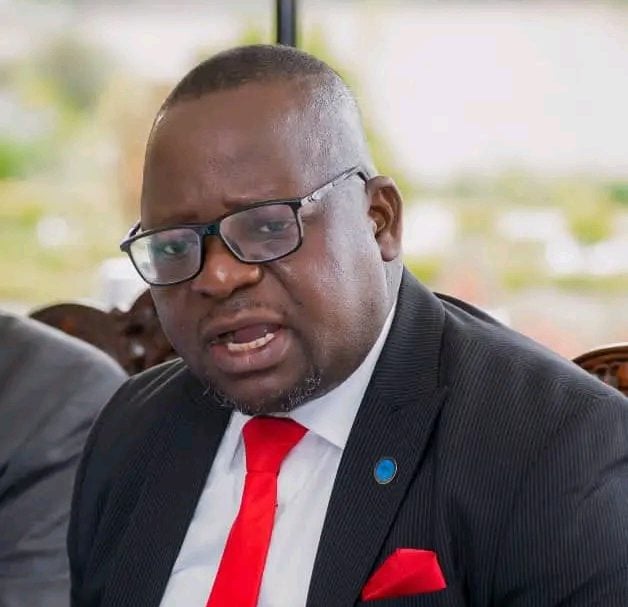DPP Draws the Line: Party Declares War on Political Chameleons
The opposition Democratic Progressive Party (DPP) has declared that it will not accept individuals who join its ranks for political opportunism, especially those who frequently switch party allegiance for personal gain.

Speaking in the Dowa District on Tuesday, DPP spokesperson Shadric Namalomba said the party has implemented a policy that bars individuals from rejoining the party after abandoning it during challenging times.
Namalomba stated that the DPP is not desperate for members, stressing that only those who are committed to the party’s ideology and values will be welcomed.
“We are not desperate for such kind of individuals. The DPP has a strong base of loyal supporters and does not need people who wander from one party to another depending on who is in government,” Namalomba said.
He further noted that the party is currently working to strengthen its grassroots structures and prepare for the 2030 General Elections.
Namalomba’s remarks come after the Malawi Congress Party (MCP) and the United Democratic Front (UDF) recently accused the DPP of recruiting politicians who had previously defected from other parties.
The DPP spokesperson emphasized that the party, under the leadership of Peter Mutharika, is determined to rebuild its reputation and regain the trust of Malawians.
“The DPP remains strong and united. Our focus is on policies that will restore economic growth, job creation, and stability. We do not have time for political opportunists,” he said.
However, political analyst Humphrey Msonda argued that the DPP has itself contributed to political instability in Malawi due to its own history of accommodating defectors.
“The DPP destroyed this country—economically and politically. The same party is responsible for the suffering we are seeing today. The only way the DPP can regain credibility is by acknowledging its past mistakes,” Msonda said.
He added that while the DPP’s stance against opportunists is commendable, the party must also demonstrate genuine commitment to democratic values and accountability.
The DPP, which governed Malawi from 2004 to 2012 and again from 2014 to 2020, has in recent years faced criticism for internal wrangles and factionalism following the defeat of Peter Mutharika in the 2020 Presidential Elections.
Msonda observed that for the DPP to effectively challenge the MCP-led government in 2025, it must focus on unity, policy renewal, and addressing past governance failures.
“Malawians are still suffering among many other challenges. The DPP cannot simply point fingers; it must offer solutions and rebuild trust,” he added.
The DPP leadership has been conducting nationwide rebuilding meetings aimed at strengthening regional and constituency structures ahead of the 2025 elections.
Follow and Subscribe Nyasa TV :
